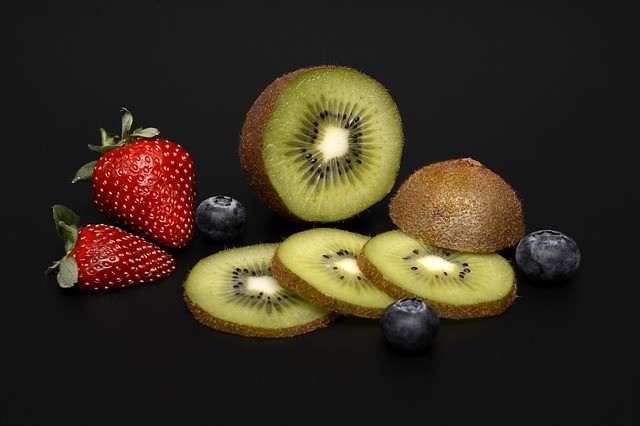The term "June's disease" originated in Japan and is also widely seen in Taiwan. It is a psychological disorder syndrome with the changes in the environment and the pressure of life. According to doctors of the Division of Family Medicine, in the face of heavy stress, patients are easy to appear diarrhea, constipation, abdominal pain, abdominal distension and other symptoms of gastrointestinal discomfort. It is recommended to eat more fruits on weekdays and maintain a good intestinal condition.
In June, many people are facing a major turning point in their lives. For example, candidate students are heavily burdened with a month countdown to the college or university entrance examination. Graduates who have just stepped out of the university campus also have to adapting to the workplace. In June, many bride are preparing to have a new life, new students have a strange feeling of preparing for study. All kinds of huge pressures combined with the sweltering weather in June have imperceptibly affected the physical and psychological aspects of the public, resulting in the common name "June disease."
"June disease" is a psychological disorder syndrome with the changes in the environment and the pressure of life, patients with June disease often feel anxiety, worry or depressed, easy to fatigue, lost in working ability, feeling weak, no appetite, and even judgment ability and thinking speed are drastically reduced, and physical symptoms such as constipation, diarrhea, dizziness, and nausea may occur, which greatly affects academic performance, work performance, and quality of life.
Dr. Chen Zhi-dao (陳志道), the Division of Family Medicine of Far Eastern Memorial Hospital pointed out that in the face of gastrointestinal discomfort, in addition to the use of several foreign studies to help improve the high-intestinal irritation and gastrointestinal tract symptoms of low FODMAP (low abdominal sensitivity) diet; usually should take more water-soluble fiber-rich fruit. For example, kiwi, citrus, etc., to maintain intestinal health.
Dr. Chen Zhidao added that people with intestinal sensitization should choose carefully in diet. If consume too much high-sensitivity fruit, such as apple, mango, watermelon and over-ripe banana, may aggravate gastrointestinal discomfort. The kiwi, strawberry, cantaloupe, grape and other low-sensitivity fruits can help relieve functional bowel symptoms and can be safely consumed.








